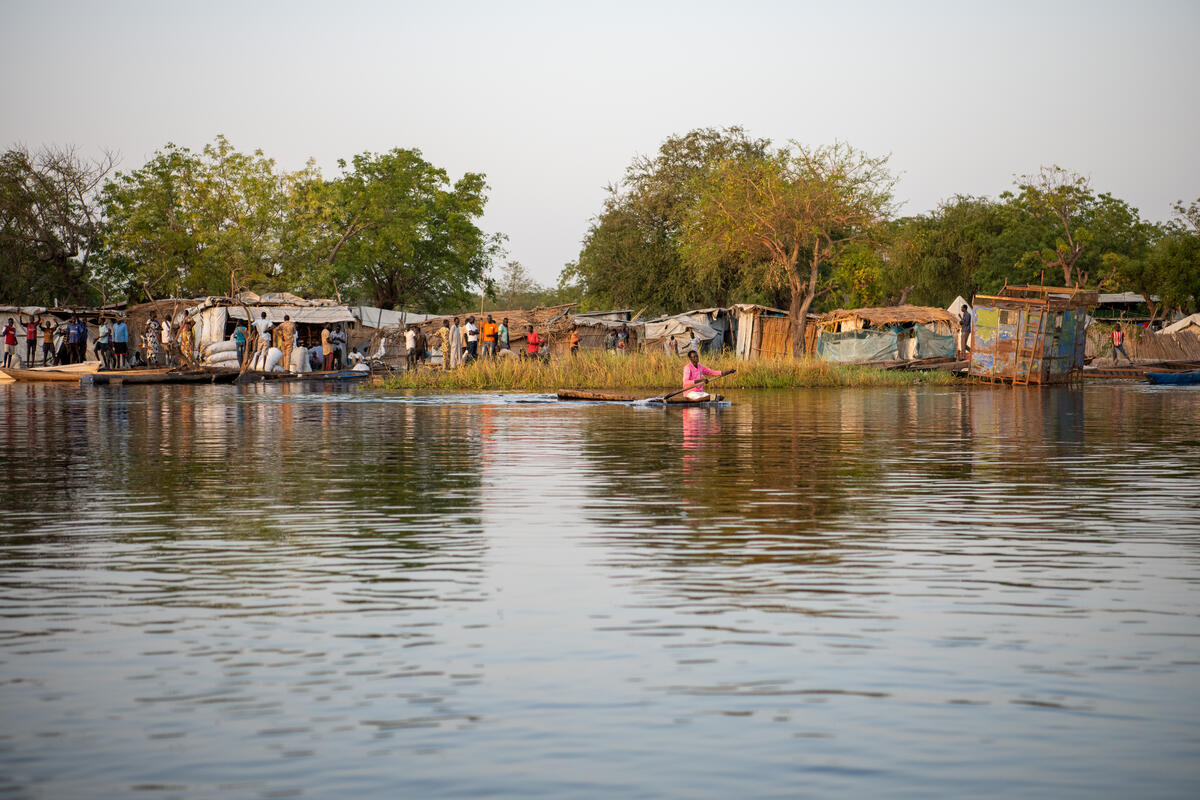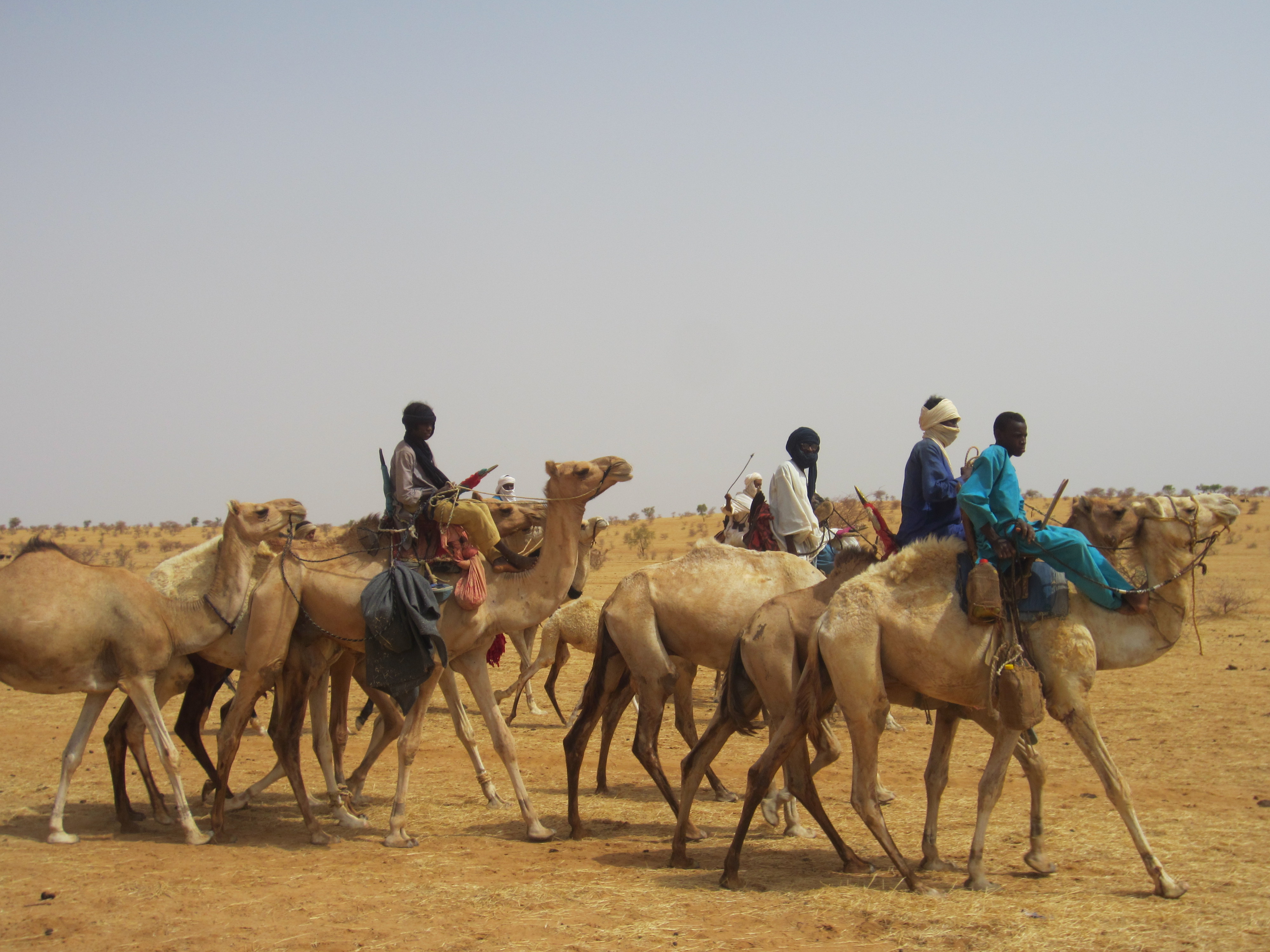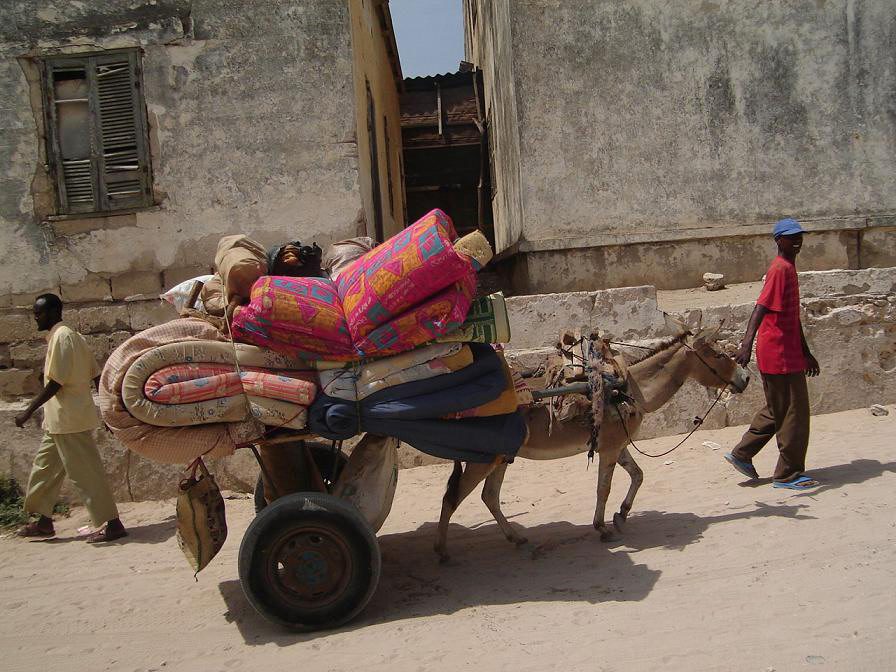Eritrea: recent arrivals in Sudan estimated at 20,000
Eritrea: recent arrivals in Sudan estimated at 20,000
UNHCR staff have so far registered 11,500 Eritrean refugees in four transit centres in Sudan, but we estimate that up to 20,000 people have arrived over the past few days. Tens of thousands more may be on their way after the fall on Sunday of the border town of Omhajer. On Monday, UNHCR registered 150 people arriving from the town of Barentu, which fell last Thursday.
It is not clear how many people are displaced inside Eritrea. The Eritrean authorities speak of 550,000, but the figure also presumably includes some 300,000 people displaced by a recent drought as well as people displaced in earlier bouts of fighting. The Eritreans have asked UNHCR and the U.N. in general to mount a cross-border relief operation from Sudan benefiting those displaced by the fighting in the Tesseney area of Eritrea, in order to prevent them from having to flee to Sudan. UNHCR is considering the request.
In Sudan, Eritrean refugees are accommodated in four transit centres near the border - Gulsa, El Lafa, Geghef and Awad. A majority are women, children and elderly. No presence of Eritrean soldiers was noticed among the refugees. UNHCR and WFP are distributing humanitarian assistance - food and non-food items - which were already pre-positioned in Eastern Sudan. UNHCR has distributed 400 tents and plastic tarpaulins to give the refugees some protection from scorching heat and dust. 2,000 more tents are on their way from Khartoum to the border area. UNHCR is also lobbying with the Sudanese government to give NGOs a freer access to the border region. At the moment, all trips to the border are subject to individual government clearance.
So far, refugees have resisted attempts to move them inland, saying they prefer to stay close to the border in the hope of being able to return quickly. UNHCR staff at the border report that people who fled with their cattle are reluctant to cross the border and prefer to stay on the Eritrean side. According to Sudanese regulations, female livestock cannot be exported from Sudan, and the refugees fear their livestock could be confiscated by the Sudanese at the border if they try to take it back to Eritrea.








